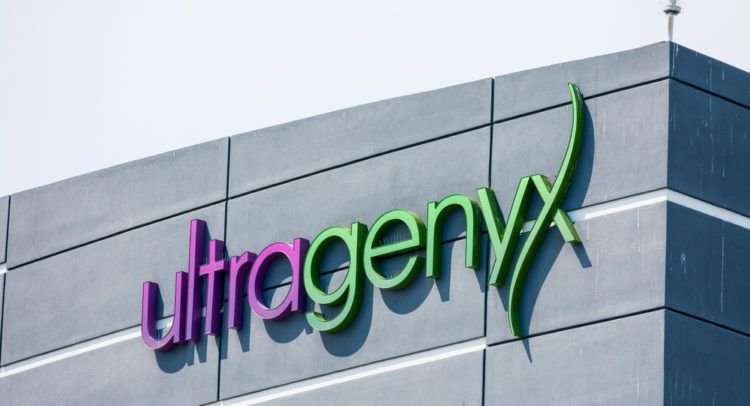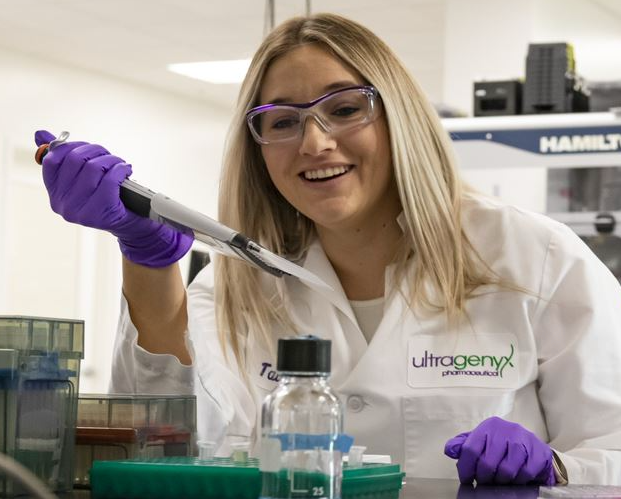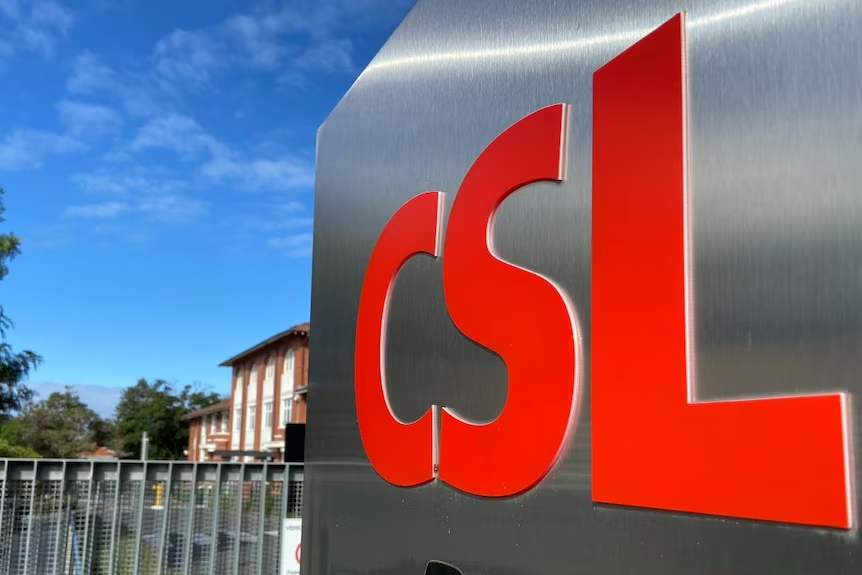FDA Approvals Transforming Hematology and Oncology Care
November 2024 saw several pivotal FDA approvals shaping treatment options for blood cancers and solid tumors. Among the most notable was the greenlight for obe-cel (Aucatzyl), a CAR-T cell therapy approved for adult patients with relapsed or refractory B-cell acute lymphoblastic leukemia (B-ALL). This therapy offers new hope for patients facing aggressive and treatment-resistant blood cancers.
Additionally, revumenib (SNDX-5613) received FDA approval for patients with KMT2A-rearranged acute leukemia, marking a significant advance in targeted therapies for hematologic malignancies. Another key approval was nilotinib (Danziten) for Philadelphia chromosome–positive chronic myeloid leukemia, notable for its removal of mealtime restrictions, which enhances patient convenience without compromising efficacy.
In oncology, the FDA cleared investigational new drug applications for BL-M17D1 in advanced solid tumors and granted orphan drug designations for agents like LBL-024 targeting neuroendocrine cancers. Fast track and rare pediatric disease designations were awarded to promising drugs, emphasizing regulatory support for innovative treatments in challenging cancer subtypes.
Clinical Trial Breakthroughs and Extensions
Exciting clinical trial results emerged from November, particularly in novel therapies for sarcomas and lymphomas. QBiotics extended its Phase IIa trial for tigilanol tiglate (TT) in advanced soft tissue sarcoma (STS) following positive safety and early efficacy data. Importantly, some patients previously non-responsive to systemic therapies showed renewed responses post-treatment, suggesting TT’s potential to enhance immune-mediated cancer control. The trial extension is slated to commence in early 2025.
Simultaneously, global trials reported encouraging outcomes for CAR-T therapies in relapsed/refractory non-Hodgkin lymphoma, driving momentum for durable remission achievements.
Further, mRNA vaccine technology continued to advance beyond infectious disease applications, entering early-phase trials targeting solid tumors and expanding the biopharmaceutical sector’s innovation horizon.
Progress in Rare Diseases and Cutting-Edge Modalities
Beyond oncology, the FDA granted rare pediatric disease designation to elraglusib for Ewing sarcoma, underscoring focused efforts to address rare cancers in children. Orphan drug designations facilitated development in diverse rare conditions, reflecting the industry’s commitment to addressing unmet medical needs.
In gene editing, CRISPR-based therapies remain on a rapid trajectory, with several ongoing trials assessing safety and efficacy for genetic and immune-related diseases. This evolving landscape is shaping a new era of curative treatments and precision medicine.
Industry Collaborations and Clinical Research Policy Focus
November 2024 also highlighted major biopharma collaborations and acquisitions enhancing innovative pipelines, especially in cell and gene therapy fields. A $1.5 billion acquisition by Roche of Poseida Therapeutics exemplifies strategic investments fueling next-generation therapeutics.
Concurrently, clinical trial diversity and equitable post-trial access in low-resource settings emerged as critical discussion points in forums and initiatives, with efforts planned for 2025 to ensure broader global impact and access to life-saving therapies.















